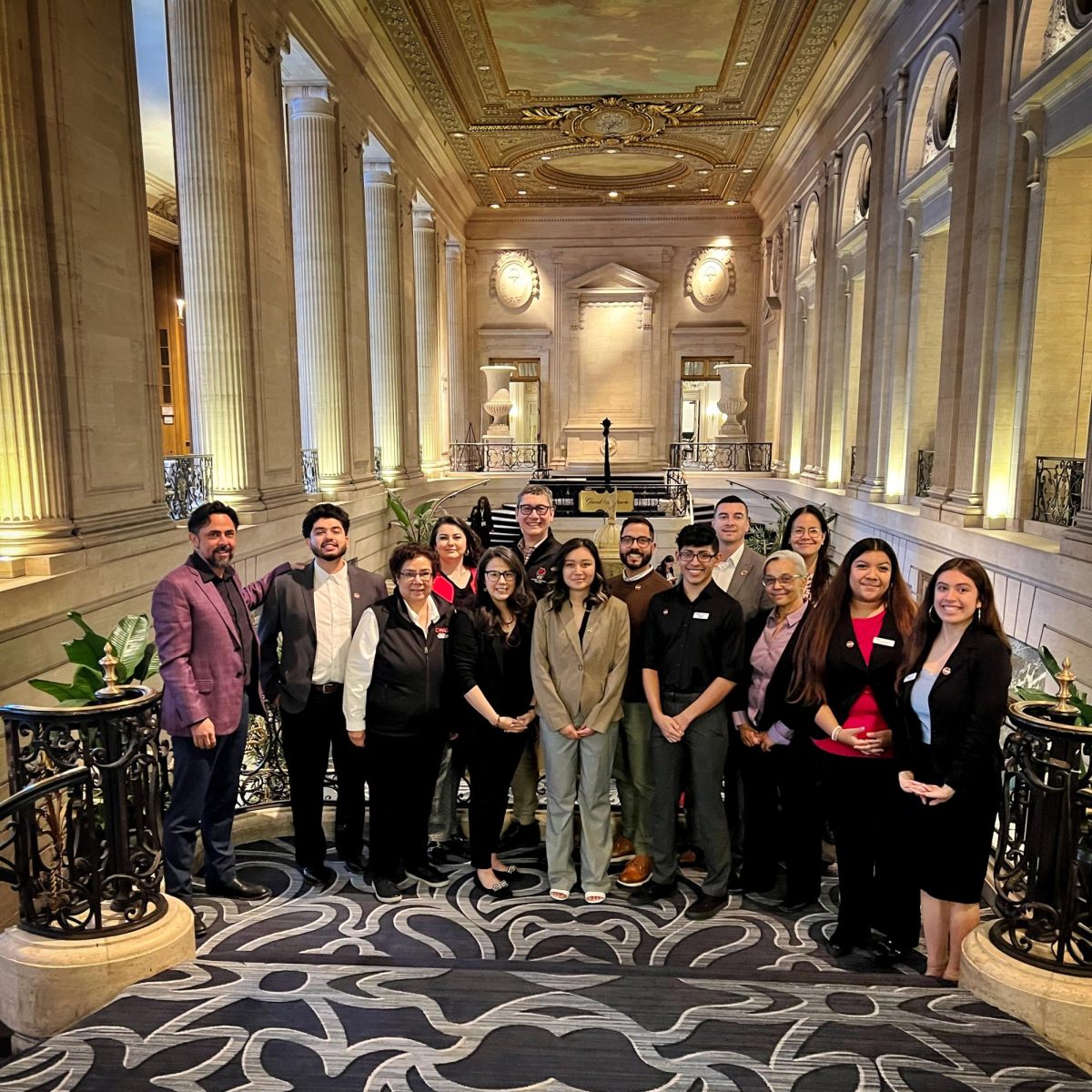BY AARON KUNKLER, Staff Reporter
The Wellness Center on campus is trying to raise awareness about prescription drug abuse and potential assistance programs for students at Central.
Doug Fulp, a Health Educator at the Wellness Center, is trying to change that. Students may have noticed posters showcasing quotes around campus earlier this quarter, emphasizing the addictive nature of prescription drugs.
Fulp said he understands that there may be greater pressures to misuse narcotics while attending college.
“It’s part of college life; no one is really immune from it,” Fulp said.
The Wellness Center is set up to help students deal with a wide range of physical and mental health concerns, including addiction.
According to Fulp, local narcotics misuse rates have been holding relatively steady in recent years, hovering around 10 percent, on par with national campus numbers. The National College Health Assessment conducts annual surveys of around 23,000 students nationwide.
Julia Karns, Director of the Never Share syringe exchange program, said the rate alone may not be representative of the entire problem. Karns also said that drug overdose deaths are up by 83 percent across Washington, particularly effecting a younger demographic.
According to Karns, many of these deaths stem from intravenous (IV) drug use, sometimes referred to as shooting up. According to her, many people who move on to street drugs like heroin begin by abusing prescription drugs until they become too expensive.
The Never Share program, like Wellness Center counseling, is completely anonymous, and provides free and confidential HIV and hepatitis C testing, in addition to safe injection equipment.
The idea behind programs like this is harm reduction. Harm reduction entails minimizing or eliminating risks associated with IV drug use such as disease prevention, including HIV, hepatitis C, abscesses and blood-borne infections.
Karns stressed that these measures are designed not to enable people but to keep them safe, educate them and provide a support network for people if they decide to quit using.
“People may view syringe exchanges as an enabling program, but it’s a harm reduction strategy,” Karns said. “It’s a safe place that’s 100 percent anonymous.”
Mirroring these ideas of confidentiality, the Wellness Center is seeking to educate students in conjunction with the national prescription awareness week from Jan. 27 to Feb. 2.
“We did an info campaign… where we had a series of posters,” Fulp said.
Many people are reluctant to come forward in awareness events, so running an info campaign coupled with an always open-door policy at the Wellness Center seemed like the best bet.
Fulp said that the goal of these types of education programs is to catch people at the ‘breaking point’ of addiction. Students may misuse prescription drugs once, or may make a habit of it, even before they may be clinically ‘addicted’.
Fulp went on to say that a first step could be something as small as talking to a trusted friend, professor or advisor.
“Everything is confidential,” Fulp said, stating that talking with him about marijuana, alcohol or other drugs was entirely all right.
If a problem is ascertained through voluntary tests, however, the Wellness Center may refer the student to resources within the community. Norman Redburg is the Executive Director of ADDS (Alcohol Drug Dependency Service), which is one such community resource.
Redburg explained that his office is not a part of the legal system. Anything discussed with him or other counselors is completely confidential.
“We’re here to help. I know that stigma is a big concern,” Redburg said, concerning issues of people waiting to come forward out of fear of getting in trouble with the law.
Redburg emphasizes that addiction is not a weakness, but a disease, characterized by a compulsive use of mind-altering substances.
“Just because you have a substance abuse problem, does not make you less of a person,” Redburg said.
Regarding available treatment, Redburg said there are varying degrees of outpatient treatment; some are more robust than others.
Redburg said that counseling is free, and beyond that, if treatment is necessary, there are programs which can either supplement student’s treatment costs or, in some cases, completely cover it.
One such program designed to help students in recovery is Narcotics Anonymous. Local groups meet frequently around town, or at the previously mentioned ‘Never Share’ program.
Fulp, Karns and Redburg expressed assurances of confidentiality, anonymity and non-judgment.
“We’re here to help students make healthy decisions and stay on track to graduation,” Fulp said. “There’s no penalties or sanctions, we just want to talk with students about what’s going on.”





